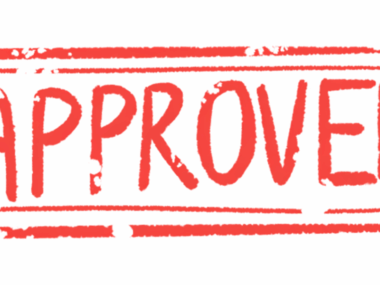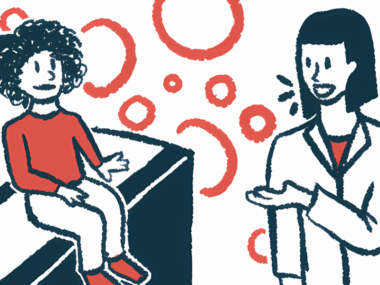EC slaps Teva with €463M fine over misuse of Copaxone patents
European agency says company tried to block competitors to its MS therapy
Written by |

The European Commission (EC) fined Teva Pharmaceuticals €462.6 million — more that $502 million — after an investigation it launched found the company illegally tried to stop competitor versions of Copaxone (glatiramer acetate injection), its blockbuster drug for multiple sclerosis (MS), from entering markets.
Several patents related to Copaxone also were annulled in Europe, which may make these competitor pharmaceuticals available in certain countries where they have been barred. These generic versions are likely to be sold at lower prices.
“Teva’s abusive conduct had the overall objective of delaying competition and artificially prolonging the exclusivity of Copaxone by hindering the market entry and uptake of competing, cheaper glatiramer acetate medicines,” the EC stated in an agency press release.
Teva accused of misusing secondary patents against drug’s competitors
Copaxone is a widely used treatment for relapsing forms of MS that’s thought to work by modulating the activity of immune cells to lessen disease-driving inflammation. It’s one of the oldest and most well-established MS therapies on the market, having first won U.S. approval in 1996 and EC approval in the early 2000s.
Teva held a patent covering the use of Copaxone in MS, which expired in 2015. Since then, several generic versions of the therapy have been approved in Europe and elsewhere.
The EC began investigating Teva in 2021, amid allegations that the company was misusing divisional patents — secondary patents relating to the manufacturing process and dosing of Copaxone — in an illegal effort to stop competitor versions of glatiramer acetate from being sold in several European Union countries: Belgium, Czechia, Germany, Italy, the Netherlands, Poland and Spain.
According to the EC, Teva filed its divisional patents in a staggered manner to create “a web of secondary patents around Copaxone focusing on the manufacturing process and the dosing regimen of glatiramer acetate.” The company then used these patents as a basis for legal challenges to stop generic versions of Copaxone from entering the market.
When it became clear that Teva was set to have some of its patents revoked and lose some of these legal fights, the company “strategically withdrew them” so to avoid an official court ruling deeming the patents invalid, which “would have set a precedent threating other divisional patents to fall like dominos,” the EC stated.
Teva to appeal charges of patent misuse, ‘disparagement campaign’
In doing so, Teva forced its competitors to repeatedly start new and time-consuming legal challenges. “This tactic allowed Teva to artificially prolong legal uncertainty over its patents and, potentially, hinder the entry of competing glatiramer acetate medicines,” the EC stated, noting that all of Teva’s divisional patents related to Copaxone have now been annulled.
In addition to its misuse of patents, the EC stated that Teva “implemented a systematic disparagement campaign against a competing glatiramer acetate medicine,” spreading “misleading information” about the efficacy and safety of a competing version of the therapy.
The EC didn’t specify which competitor was the subject of these attacks, but said that Teva’s campaign “targeted key stakeholders, including doctors and national decision-makers for pricing and reimbursement of medicines, with the objective of slowing down or blocking the entry of its rival product in several Member States.”
Once a generic treatment entered these EU markets, “list prices decreased by up to 80%, leading to significant savings,” the commission stated.
Teva has denied these allegations and vowed to appeal the EC’s decision. In a company-issued statement, Teva noted that it “disagrees with the Commission’s legal theories which are legally untested and, Teva believes, not supported by the facts.” It added that it “will vigorously defend its position on appeal and is well prepared financially to mount a defense.”
Company recently agreed to $450 million misconduct fine leveled in US
In October, Teva Pharmaceuticals USA and Teva Neuroscience agreed to pay a $450 million fine imposed by the U.S. Department of Justice for what the agency reported to be kickbacks and false claims “designed to induce referrals or purchases of healthcare goods or services … thwart competition and bypass controls put in place to protect federal health care programs.”
The fine covers two groups of charges leveled against Teva regarding Copaxone, and regarding generic versions of the statin pravastatin, the antifungal medication clotrimazole, and the antibiotic tobramycin.



